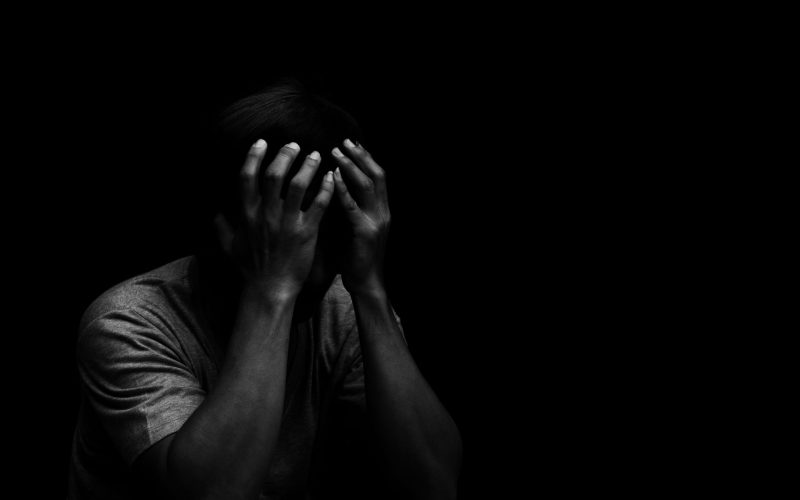Prolonged solitary confinement is barbaric. It must stop.
Every day 2,000-2,400 people live in solitary confinement in NC prisons, many of them have untreated mental health disabilities. A large body of research shows that solitary confinement has adverse psychological effects that increase the risk of serious harm to individuals who experience it.
North Carolina prisons do not provide adequate rehabilitative care, which is essential for successful reentry into society. 99% of those living in solitary confinement cells will be released back into the community, many will come directly from months and years of solitary confinement.
In December 2020, Governor Cooper’s Task Force for Racial Equity in Criminal Justice (TREC) submitted a set of recommendations, including Disability Rights North Carolina’s (DRNC) recommendation that the Governor adopt the Mandela Rules.
As a part of DRNC’s relentless efforts to advance and defend the rights of all people with disabilities and to end this barbaric treatment, our criminal legal team embarked on the End Solitary NC campaign.
About End Solitary NC
DRNC launched End Solitary NC in May 2022, an initiative to end the use of solitary confinement in NC prisons for:
- People with diagnosed serious mental health disabilities, disability, or substance use disorder
- People 21 and under
- Pregnant people
- Indefinite periods of time
- Periods of more than 15 consecutive days.
DRNC’s End Solitary NC project manager, Dr. Craig Waleed, draws on lived experience with prison and solitary confinement to create sustained focus on fostering coalitions and engaging the public, particularly with formerly incarcerated individuals with disabilities, other nonprofit organizations, the faith community, local groups, advocates, and the public to raise awareness and provide education about the human rights crisis associated with solitary confinement.
This is Just the Start
DRNC’s End Solitary NC has made significant progress towards humanizing incarceration in NC’s prison system including:
- Creating an advisory committee to determine the best way to educate and inform North Carolinians about the tortuous solitary confinement practices occurring in the state’s prisons. This coalition is comprised of multiple stakeholders from across the state including, human rights and criminal justice advocates, reentry support advocates, faith-based advocates and academic researchers.
- Presenting to numerous classes and community groups. In addition to these ongoing presentation efforts, End Solitary NC collaborated with the University of North Carolina School of Law School’s Human Rights seminar to produce a report on solitary confinement in NC which included interviews with people who have lived experience.
- Collaborating with other prisoner advocacy groups to produce virtual “listening sessions” where people share their experience in solitary confinement with the public, policy makers, and news outlets.
- Meeting with the executive team of the Department of Adult Corrections to address End Solitary NC’s concerns regarding the inhumane practice of solitary confinement within the state’s prison system. There are plans for a second meeting in spring 2024.
The End Solitary NC campaign, which started as a part of a reform effort to increase racial equity and fairness in NC’s criminal justice system under DRNC’s unique and critical focus on disability advocacy, remains united and committed to ending solitary confinement in NC prisons. We invite you to join us in our campaign. Explore the resources below. Share our content. Invite Dr. Waleed to present to your group or organization. Support our work.
Our Partners
DRNC’s End Solitary NC project is part of the national Unlock the Box (UTB) campaign against solitary confinement which is supported by the National Religious Campaign Against Torture, a coalition of organizations and movement leaders who partner with state and local campaigns across the United States with the common goal of ending the use of solitary confinement for all people.
Voices from Solitary
DRNC attorneys Susan Pollitt, Luke Woollard, and former Equal Justice Works Fellow Sarah Hoffman have gone behind the walls of solitary confinement units in NC prisons and reported on the cruelty and injustices that take place in NC prisons for those who live in solitary confinement. You can hear directly from incarcerated people about the injustices and cruelty that happen there.
This powerful video will open your eyes to the shocking reality of solitary confinement. Hear directly from people suffering this torture in NC prisons. Their words are all they have. Warning: This video contains descriptions of torture that some viewers might find disturbing. All names have been changed to protect the identities of our clients.
Social Media
@unlocktheboxnow #question from @unlocktheboxnow What do people get wrong about solitary confinement? prisontiktok, decarcerate, solitaryconfinement, solitary, AfterIncarceration, #SafetyNotSolitary #EndSolitaryConfinement #30DaysOfEducation
♬ Lofi Hiphop Chill - naoki osawa
How can you help end solitary confinement in NC prisons?
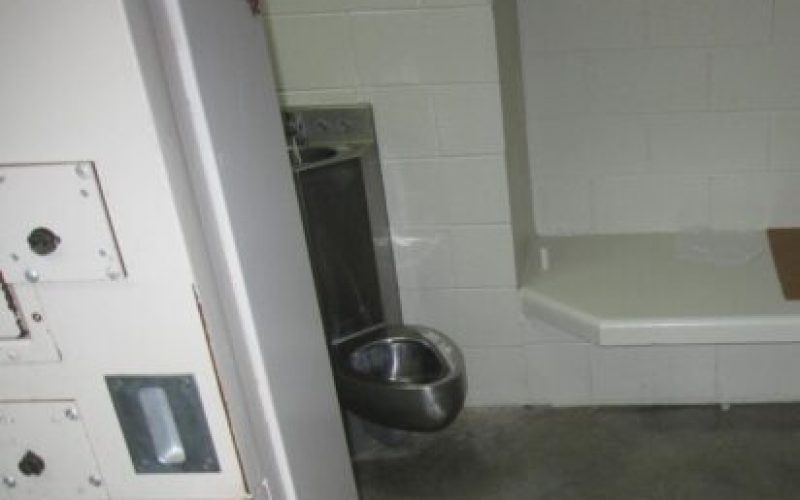
Solitary confinement strips individuals of their humanity, subjecting them to prolonged isolation, sensory deprivation, and psychological torment. It is a grim reflection of the dehumanizing aspects of our…
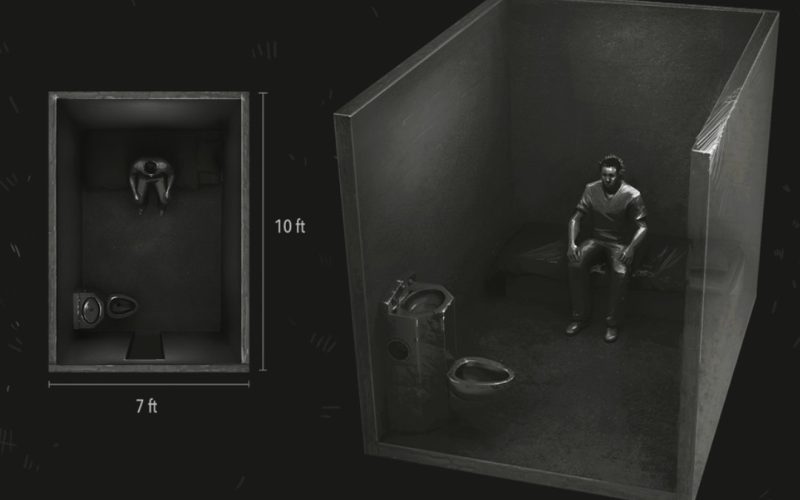
Anyone can request the replica cell at their next event. This fully transportable life-sized model is ready to hit the road and help increase awareness in your community….
We need to end solitary confinement in NC. You can help by sharing these materials widely and spreading the word: “Solitary confinement for more than 15 days is torture. It needs to end.”
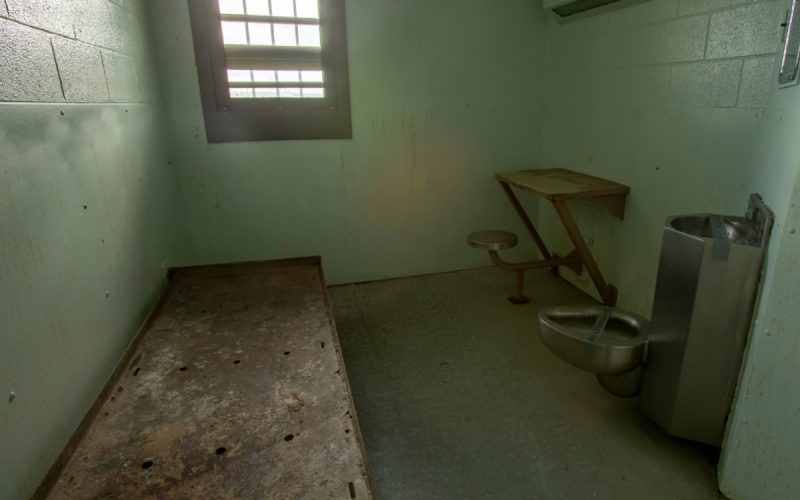
In the first blog post of a five-part series, attorney Luke Woollard takes you behind the doors of solitary confinement units and describes how solitary is torture.

Stop Torture in NC’s Prisons, Part 2. Another heinous side of solitary confinement – people of color are punished more severely and for longer periods of time in solitary than their white counterparts.

Supervising attorney Susan Pollitt discusses how this barbaric practice is particularly harmful to youth’s developing brains.
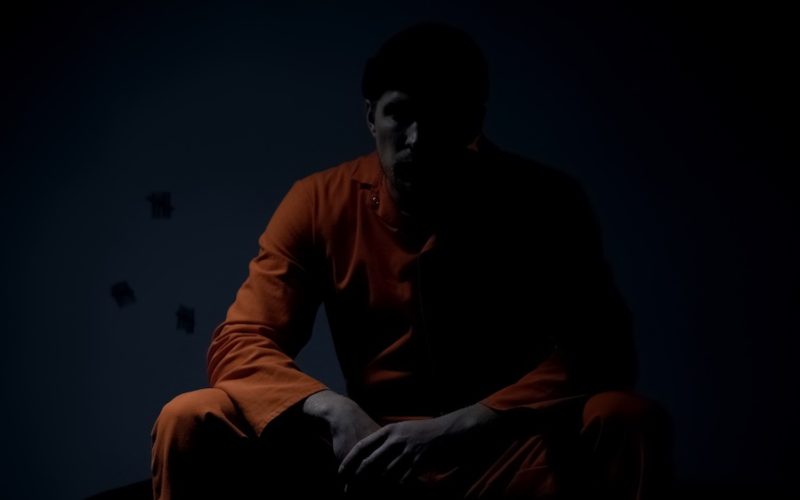
In the 4th installment of DRNC’s special series on solitary confinement, Luke Woollard examines how minor infractions lead to this torture.
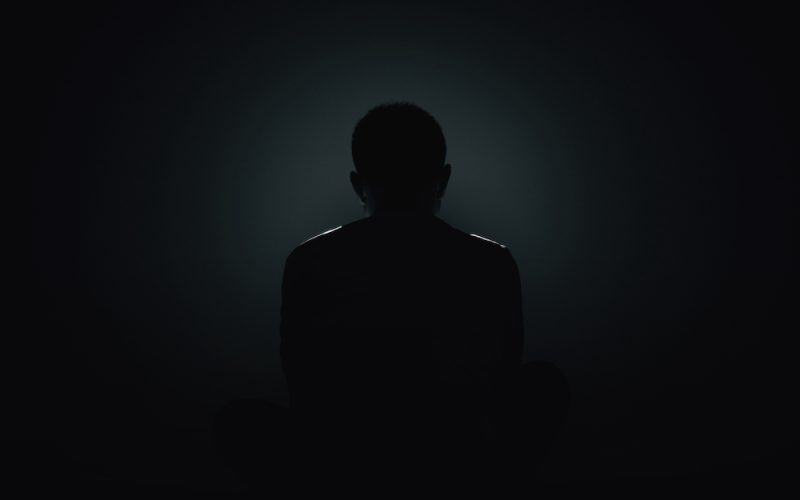
Solitary confinement for more than 15 days is Torture. It needs to stop. Share this flyer widely.
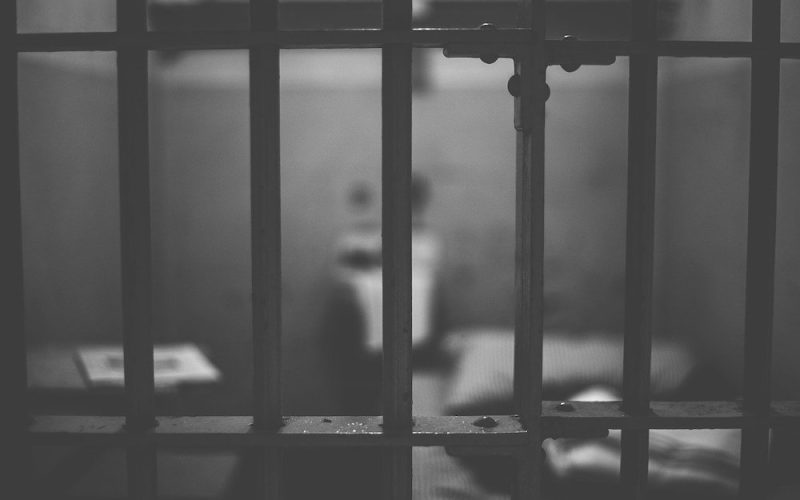
Read the recommendations that Governor Cooper’s Task Force for Racial Equity in Criminal Justice (TREC) submitted on Dec. 15, 2020 to improve racial equity and fairness in NC’s criminal justice system.
Learn more about DRNC’s criminal legal work.

